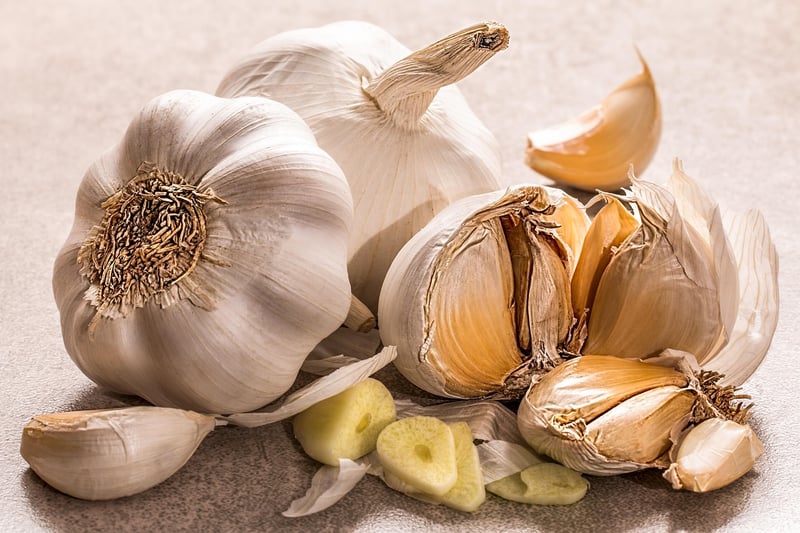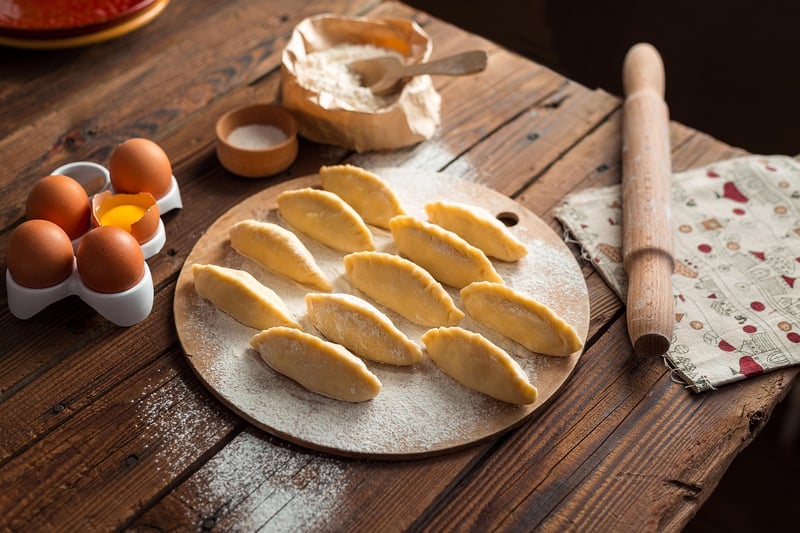Spices & Herbs
The Art of Cooking: Essential Spices and Herbs
Spices and herbs are the secret weapons in a chef's arsenal, adding depth, flavor, and aroma to dishes that elevate them from ordinary to extraordinary. Whether you're a seasoned cook or just starting out in the kitchen, understanding the role of essential spices and herbs can take your culinary creations to the next level.
Essential Spices
Spices are derived from the seeds, bark, roots, or fruits of plants and are known for their intense flavors. Here are some essential spices to have in your pantry:
- Cumin: Adds a warm and earthy flavor, commonly used in Mexican, Indian, and Middle Eastern cuisines.
- Paprika: Comes in various forms like sweet, smoked, or hot, and adds a vibrant color and flavor to dishes.
- Cinnamon: Known for its sweet and spicy flavor, often used in both sweet and savory dishes.
- Turmeric: Has a warm and peppery flavor with a golden hue, commonly found in curries and rice dishes.
- Black Pepper: Adds heat and depth to dishes and is a staple in almost every cuisine worldwide.
Essential Herbs
Herbs are the green, leafy parts of plants and are valued for their fresh and subtle flavors. Here are some essential herbs to enhance your dishes:
- Basil: Offers a sweet and slightly peppery flavor, perfect for Italian dishes and salads.
- Parsley: Adds a fresh and vibrant flavor, commonly used as a garnish or in sauces.
- Rosemary: Known for its pine-like fragrance and robust flavor, ideal for roasted meats and vegetables.
- Thyme: Has a subtle earthy flavor and pairs well with poultry, soups, and stews.
- Cilantro: Provides a citrusy and fresh taste, often used in Mexican, Asian, and Middle Eastern cuisines.
Exploring Flavor Combinations
Experimenting with different combinations of spices and herbs can lead to exciting flavor profiles in your dishes. For example, pairing cumin and coriander can create a warm and aromatic base for curries, while combining basil and oregano can enhance the flavors of Italian pasta sauces.
Remember, a little goes a long way with spices and herbs, so start with small amounts and adjust to taste as you cook. Fresh herbs are best added towards the end of cooking to preserve their delicate flavors, while dried spices can be added earlier to allow their flavors to infuse into the dish.
With a well-stocked spice rack and a variety of fresh herbs on hand, you can unlock a world of culinary possibilities and elevate your home cooking to gourmet levels.

Now armed with the knowledge of essential spices and herbs, embark on your culinary adventures and create dishes that tantalize the taste buds and leave a lasting impression on your guests.
Happy cooking!
